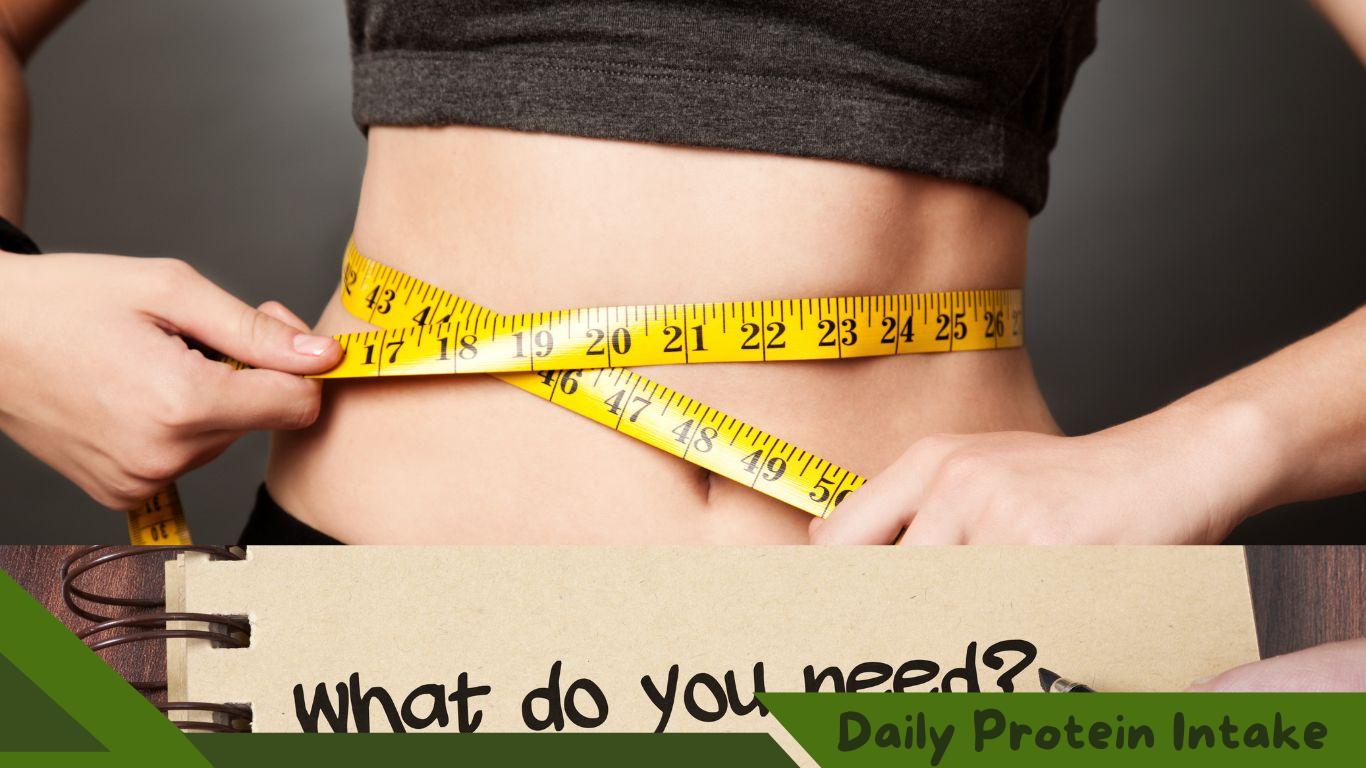Protein Intake and Sustainable Weight Loss: What You Need to Know

Protein is an essential macronutrient that plays a crucial role in the body. It is responsible for building and repairing tissues, as well as producing enzymes, hormones, and other molecules. In recent years, protein has gained popularity as a weight loss aid. This article will discuss the importance of protein in weight loss and the benefits of sustainable weight loss.
Understanding Protein
Protein is necessary for various bodily functions, including the growth and repair of tissues, the production of enzymes and hormones, and the maintenance of a healthy immune system.
Types of Protein and Their Sources
Protein is found in both animal and plant-based sources. Animal-based sources include meat, fish, and dairy products, while plant-based sources include legumes, nuts, and seeds.
Recommended Protein Intake for Weight Loss
The recommended daily protein intake for adults is 0.8 grams per kilogram of body weight. However, for weight loss, a higher protein intake may be beneficial. A protein intake of 1.2-1.6 grams per kilogram of body weight is recommended for those trying to lose weight.
Role of Protein in Weight Loss
Protein has a higher thermic effect than other macronutrients, which means that the body burns more calories digesting protein than it does digest carbohydrates or fats. This can lead to an increase in metabolism and a higher calorie burn.
Protein’s Ability to Increase Satiety
Protein is more satiating than carbohydrates or fats, which means that it can help reduce appetite and increase feelings of fullness. This can lead to a reduction in calorie intake and a higher likelihood of sustainable weight loss.
Importance of Protein in Maintaining Muscle Mass During Weight Loss
During weight loss, the body can break down muscle tissue for energy. However, a higher protein intake can help preserve muscle mass and prevent muscle loss. This is important for maintaining a healthy metabolism and preventing weight regain.
Sustainability in Weight Loss
Sustainable weight loss is important for long-term health and well-being. Crash diets or extreme weight loss measures may lead to initial weight loss but are often difficult to maintain and can lead to weight regain.
Strategies for Sustainable Weight Loss
Sustainable weight loss involves making long-term lifestyle changes. These changes can include:
- A balanced, nutritious diet that includes all food groups
- Regular exercise
- Adequate sleep
- Stress management
- Accountability and support from friends or a healthcare professional
How to Increase Protein Intake
There are several ways to increase protein intake, including:
- Choosing protein-rich foods at each meal and snack
- Incorporating protein supplements, such as protein powder or bars, into the diet
- Maximizing Your Weight Loss with the Right Protein Intake
- Adding protein to meals and snacks, such as adding nuts to a salad or having a hard-boiled egg as a snack
- Planning meals and snacks in advance to ensure adequate protein intake
Recipes and Meal Ideas for High-Protein Diets
There are many recipes and meal ideas that are high in protein, including:
- Grilled chicken with roasted vegetables
- Greek yogurt with fruit and nuts
- Lentil soup with a side of quinoa
- Salmon with a side of roasted asparagus
- Omelet with spinach and feta cheese
Protein Supplements
There are several types of protein supplements, including whey protein, casein protein, soy protein, and plant-based protein. Each type of protein has its own benefits and drawbacks.
Benefits and Drawbacks of Protein Supplements
Protein supplements can be a convenient and easy way to increase protein intake, especially for those who have a difficult time getting enough protein from food sources. However, they can also be expensive and may contain added sugars or other additives.
Health Risks Associated with Excessive Protein Intake
Excessive protein intake can lead to several health risks, including:
- Kidney damage
- Dehydration
- Digestive issues
- Increased risk of heart disease
- Increased risk of cancer
Recommended Maximum Protein Intake
The recommended maximum protein intake is 2 grams per kilogram of body weight. Consuming more than this amount may lead to health risks.
Conclusion:
In conclusion, protein intake plays an important role in sustainable weight loss. It can increase metabolism, reduce appetite, and preserve muscle mass. However, it is important to consume protein in moderation and as part of a balanced, nutritious diet. Sustainable weight loss involves making long-term lifestyle changes that promote health and well-being.
FAQs:
How does protein help with weight loss?
Protein can help with weight loss by increasing metabolism, reducing appetite, and preserving muscle mass.
Can I get enough protein from plant-based sources?
Yes, plant-based sources of protein can provide adequate protein for the diet.
Is it possible to eat too much protein?
Yes, consuming too much protein can lead to health risks.
Do I need to take protein supplements to lose weight?
No, protein supplements are not necessary for weight loss. Adequate protein can be obtained through food sources.
How much protein should I eat per day?
The recommended daily protein intake for adults is 0.8 grams per kilogram of body weight, but a higher protein intake may be beneficial for weight loss.



